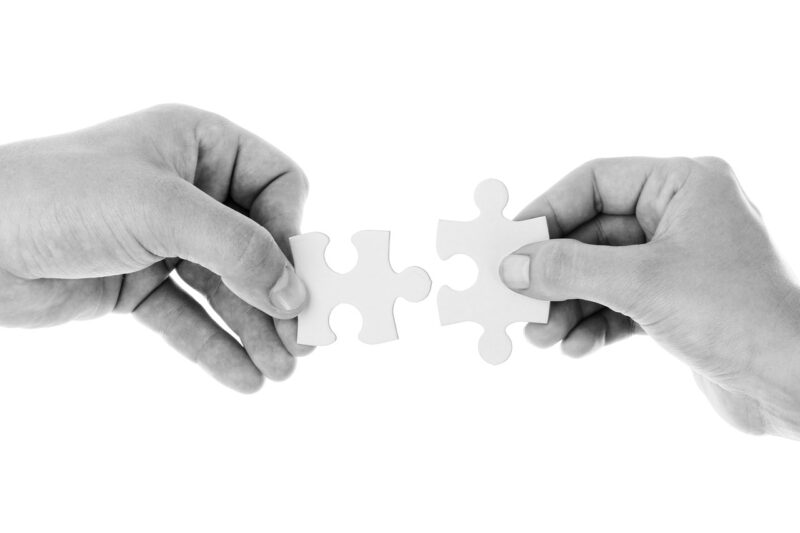Why Humans Are Wired to Seek Connection and the Impact of Loneliness
November 16, 2024

Humans are social creatures by nature, an aspect that has been ingrained in our evolutionary history. The need for connection transcends mere social interaction; it is fundamental to our development, well-being, and survival. In this article, we will explore the biological and psychological underpinnings of why humans are wired to seek connection, the detrimental effects of loneliness, and the importance of fostering strong social bonds in our lives.
1. The Biological Basis of Connection
From an evolutionary perspective, social behavior has played a crucial role in human survival. Early humans needed cooperation to hunt, gather, and protect their young from predators. Those who thrived were often the ones who formed strong social bonds within groups. Research shows that social interactions trigger the release of oxytocin, a hormone also known as the “love hormone,” which promotes feelings of trust and bonding. Additionally, endorphins are released during positive social interactions, creating a sense of belonging and happiness.
A significant body of research also demonstrates the influence of the brain’s reward pathways in social connections. Neuroimaging studies reveal that the same brain regions activated by satisfying basic needs like hunger or thirst also light up when one experiences social rewards like acceptance or friendship. This indicates that our brains are hardwired to prioritize social interactions as a crucial component of well-being.
2. The Impact of Loneliness on Mental Health
Loneliness is increasingly recognized as a modern epidemic, affecting people of all ages. According to the National Institute on Aging, prolonged loneliness can lead to major health issues, including anxiety, depression, and even cognitive decline. Studies have shown that individuals who experience chronic loneliness have a higher risk of developing mental health disorders compared to their more socially connected peers.
Chronic loneliness can alter brain function, impacting our ability to process emotions and increasing susceptibility to negative emotions. It can create a vicious cycle where loneliness leads to social withdrawal, which then exacerbates feelings of isolation. This withdrawal can ultimately hinder communication skills and diminish one’s self-esteem.
Furthermore, loneliness does not just harm our emotional health; it has real physical effects as well. Research has indicated that loneliness is associated with higher levels of stress hormones and inflammation in the body, leading to an increased risk of cardiovascular diseases, weakened immune systems, and other chronic health issues.
3. The Importance of Social Connections
Given the mental and physical implications of loneliness, fostering social connections becomes paramount. Studies show that social relationships are a vital predictor of overall well-being and longevity. Engaging with friends and family can reduce stress, improve mood, and enhance our immune system.
Here are some key reasons why nurturing social connections is important:
- Emotional Support: Friends and family can provide emotional backing during difficult times, helping to alleviate stress and promote resilience.
- Increased Happiness: Social interactions often lead to laughter and joy, enhancing feelings of happiness and reducing the risk of depression.
- Sense of Belonging: Having a social circle fosters a sense of belonging, an essential aspect of human existence, and contributes to overall mental health.
- Improved Cognitive Function: Engaging in conversations and shared activities can stimulate cognitive function, helping to maintain mental acuity as we age.
Ultimately, building and maintaining these connections requires effort and intention, especially in today’s fast-paced digital age. Making time for face-to-face interactions, participating in community events, or simply reaching out to loved ones can make a profound difference in mitigating feelings of loneliness.
4. Navigating Loneliness in the Digital Age
While technology offers the convenience of virtual connections, it can also contribute to feelings of loneliness. Social media, for example, creates the illusion of connectivity while often lacking depth in relationships. Studies have indicated that excessive use of social media can lead to increased feelings of inadequacy and loneliness as individuals compare their lives to the curated images of others.
To combat this, it is essential to be mindful of how we engage with technology. Here are some strategies to ensure that our digital interactions remain fulfilling:
- Seek Quality Over Quantity: Focus on building deeper relationships rather than accumulating a large network of contacts online. Aim for genuine conversations that foster emotional intimacy.
- Limit Passive Consumption: Instead of mindlessly scrolling through feeds, seek active engagement by commenting, messaging, or joining video calls to connect with friends and family.
- Make Time for In-Person Interaction: Balance online relationships with real-life connections. Schedule regular meet-ups or participate in group activities that foster face-to-face interactions.
5. Conclusion: The Power of Connection
Understanding the biological, psychological, and social dimensions of human connection elucidates why social bonds are integral to our well-being. As loneliness becomes more prevalent in modern society, it is crucial to prioritize meaningful relationships in our lives. By embracing social connections, both in person and online, we can enhance not only our own well-being but also contribute to the betterment of our communities.
In the end, we must remember we are wired for connection, and it is about time we actively nurture this essential aspect of our humanity. Seeking connection enriches our lives and helps combat the pervasive loneliness experienced in today’s world, leading to a healthier mind and body.
We have the power to alleviate loneliness not just for ourselves but for others in our community. Take the first step today; reach out and connect!







